|
Thank you everyone for participating! You all made us very happy with your entries. This week we had a record number of participants - 7 (@sapolasa jumped in at the last moment)!
We have selected the following winners.
Comments
Have you ever wanted to start to practice on the organ but found yourself sidetracked after a few days? Apparently your inner motivation wasn't enough.
I know how you feel. I also was stuck many times. What helped me was to find some external motivation as well. In order for you to advance your organ playing skills and help you motivate to practice, my wife Ausra - @laputis and I invite you to join in a contest to submit your organ music and win some Steem. Are you an experienced organist? You can participate easily. Are you a beginner? No problem. This contest is open to every organ music loving Steemian. Here are the rules I've just returned from my church where I've demonstrated the organ to the group of students from the Art Academy with whom we are collaborating on a project "Living Organ". They are not interesting in a classical organ repertoire. Even improvisations that I do regularly are too traditional for them. What they really want are some experiments with the sound. Let's call them "Soundscapes". Today they wanted me to show if the organ can imitate human voice. Then the sound got out of hand, I used 3 pencils to create some exotic colors - a submarine, a spaceship and of course - a vacuum cleaner. Let me know what you think.
Vidas: So, I'm here at St John's church in Vilnius with Jonathan Embry, organist from the US who recently graduated from McGill University in Canada. He had an interesting adventure in the Baltics. I remember going to his recital at Vilnius Cathedral at the end of August but afterwards he went to other places to play in Lithuania and then he went to Russia, to Kaliningrad and then came back. So today is Monday, September 2, 2019 and we're starting our conversation. This is Secrets of Organ Playing Podcast No. 491 and I'm really delighted that we can meet face to face so I'm going to just congratulate you on this wonderful occasion. Thank you so much and welcome to the show!
Listen to the entire conversation In the morning I worked on composing my new piece for organ duet "Puer natus est nobis." Yesterday I had all the material composed but today I noticed the middle part lacked interest, so I re-did it again into a fast-paced section. Will need to work on simplifying and clarifying the notation later on.
Then I submitted our letter of intent of participating at the international organ festival in Anyksciai and Ausra and I sight-read Tarantella Dementa by Carson Cooman. After lunch we again played another duet by Cooman and I drew a Pinky and Spiky comic on my 18th notebook. Later we watched Hunger Games on TV. Parts 1 and 2. This week I've been struggling with creating an interesting piece for organ duet. I find that it's difficult to control the texture when writing for four hands and four feet. When you make an interesting texture, it's possible to lose yourself in it and forget the flow of time, forget how the listeners would perceive it in motion.
For example, at first, I created a piece with one eighth note motion flow. It seemed interesting enough. But it went for 5 and a half minutes. The rule about keeping interest going is to change something before it gets boring. Usually it's less than 2 minutes. It's like scenes in movies. One scene usually lasts about 1 minute, sometimes up to 2 minutes. Of course, there are slow movies with long scenes but they are a separate breed. So I today thought about inserting a middle section in the piece. This had to add contrast. How about a smaller note values? Maybe 16th notes. And sure enough now my piece has 3 sections, like in ABA form - eighth-notes, 16th notes and eighth notes again. It doesn't mean this piece will be interesting when I finish it though. It just means I eliminated just one problem. Quite a few more to go.
Vidas: Hi, guys, this is Vidas.
Ausra: And Ausra V: Let’s start episode 500, of Secrets of Organ Playing Podcast. A: Wow! We made it—500! Can you believe it? V: Yeah, we can stop now. A: No! Now we have to reach 1000. V: Do you believe we can reach it? A: I don’t know. When we just started it I thought, ‘oh, maybe we will do fifty of them or maybe one-hundred. But we reached 500 so… V: Our horizon is always moving further away. A: True. And because of all your wonderful questions. V: Yes. In this episode today, we wanted to give a little bit of overview of what we’ve been talking about over those few years. Obviously, in our website, you will find all of them and also on our Soundcloud channel as well. But to make a long story short, I started those podcasts as interviews with organ experts and organ builders and organists from around the world, maybe three years ago, I believe. But then, started another podcast called AskVidasAndAusra. Remember, Ausra? A: Yes, I remember. I think you started your interview podcast earlier than three years ago. V: Earlier, right? A: Probably. V: I will just quickly check when was the first episode published on Soundcloud. Yeah very easy to check—number one was four years ago. A: I told you it was more than three years. V: With Gene Bedient on historically inspired organ building. And then number two was George Ritchie on playing Bach’s organ music. And number three was Pamela Ruiter-Feenstra on improvisation in the Bach’s style. And number four was Jan Karman about writing organ fugues on the melodies of the Geneval Psalter. Number five was Mary Murrell and Quentin Falkner on Bach’s organ world. So basically those first maybe ten people that were from our early circle with the exception of perhaps of Hans-Ola Ericsson who visited the Vilnius and gave a masters class and played a recital here. And it was really exciting. Before we started, or I started those podcast interviews, it was always a thought in my mind, ‘will I have enough people to talk about from around the world’, because some organists are difficult to reach. You write a message to them and some reply and some don’t. And since we’re now at 500 apparently, we haven’t stopped. A: Well, but remember that now we talk with each a lot... V: Yeah. A: answering questions. V: For a while I had two podcasts in parallel of each other—one was Secrets of Organ Playing podcasts with experts and organists and guests, and the other was our talks with Ausra answering your questions. And we basically called it AskVidasandAusra, remember perhaps. But then, for a while, I stopped interviewing people from other countries and only we talked… A: With each other. V: with each other. A: So why have you stopped them? Was it too hard for you or too time consuming or too stressful? V: It was not stressful obviously but time consuming, chasing those experts and following them up and looking for good material to talk about, editing, doing research about them and it seemed like it was a lot on my plate to do two podcasts together. A: But now you have renewed doing it. V: Yeah. Starting from this summer I think… A: Yeah. V: A few months ago I renewed. And the reason was that because I no longer work at school. I have much more free time and can interview guests much more easily this way. A: So, what do you remember most out of those four years? V: Each and every one was really unique, those guests you mean, right? A: Yes. V: Mmm-hmm. Those guests probably, not all of them on the same level. Sometimes we interviewed our students, sometimes colleagues, sometimes really experts which are hard to reach. Like for example, at number forty-three, yeah, Guy Bovet on the future of organ art. We talked on the phone with him because he couldn’t connect his video camera. And it still worked, you know, it was wonderful. But I was really afraid to talk with such a master, right? And then sometimes people who knew previously, like Sarah Schott from our Grace Lutheran church. She talked about working with bell choirs and Alain Truche who was our colleague at Lincoln, University of Nebraska, Lincoln. He is living now in Asia. And there were many other people who I really enjoyed talking to. Some people visited Vilnius with recitals like Charles Spanner, for example, and he shared his own experience with trying out different organs. I remember four years ago, was exactly the time when the last international organist competition of Mikalojus Konstantinas Ciurlionis happened in Vilnius, so I interviewed two jury members - Sophie-Veronique Cauchefer-Choplin from Paris, and also Michael Bauer from University of Kansas. We were sitting in the hotel lobby. It was really interesting to talk to them but also at the same time to hear the background noises of the kitchen. There were other guests and other very interesting organists, like Peter Sykes and Gavin Black, and Nico Declerck who has organ radio project now called Organ Roxx. And we talked with James D. Hicks who visited Vilnius with his Nordic Journey project. He actually even climbed the bell tower of St. John’s church. It was really a fabulous experience. I even interviewed one organist who is also a pianist on a cruise ship. So it was really interesting to hear his different perspective. Carson Cooman obviously organists in residence from the Harvard University—very prolific composer of new organ music. Lydia Vroegindeveij and Erin Scheessele about OrgelKids, you know this little project that you can educate young people how the organ is constructed by building the organ in front of them and deconstructing and reconstructing them. They have organ positiv design for that too. A: So this is amazing how many people you have interviewed… V: Mmm-hmm. A: and what sorts of variety you find on your podcasts. V: Jean-Paul Imbert for example on lessons from the great masters. We just recently met him in Vilnius… A: True. This summer. V: but because of this podcast he invited us to perform at... A: Alpe d'Huez. V: Exactly. In the French Alps. You know, all kinds of doors started opening to us. Tore Bjorn-Larsen for example was an example on podcast number seventy-nine. And he is a composer in Denmark in Svendborg. And afterwards he also invited us to play in his church—St. Nicolai church, which we played just a few... A: Last summer yes. V: Yeah. A: This summer. V: A few months ago. A: Wasn’t a few months. It was July 31st and now it’s September, so it’s not a few months. V: One and a half months. A: Yes. V: Excellent! Interesting, for example, I interviewed sometimes people who were not organists, actually, but from different professions. But they had some sort of connection with the organ world, through restoration, for example. This was with Robin Gullbrandsson who visited Casparini organ in Vilnius here and we talked about that. And then what, two years ago, we started this AskVidasandAusra podcast. And the first episode was about how to keep a steady tempo when you play the organ. Remember Ausra, why we started talking about that? About talking with each other, in addition to interviewing the guests? A: I think because this is one of the major problems that many organists encounter. V: Mmm-hmm. We wanted to help you grow and to answer your questions on the podcast. Yeah. So those episodes were also numerous, and we sometimes kept going in parallel with Secrets of Organ Playing interviews. But then as I said earlier, I found it too difficult to continue and only started talking with Ausra. But now we merged two podcasts into one and only have Secrets of Organ Playing Podcast, and today, is episode number 500. A: Amazing! V: Yes. We hope you guys find value out of our conversations and continue asking questions, giving feedback, because I recently started doing those interviews with guests, so I hope you will find those interviews also useful. Please let us know and please let our guests know and feel appreciated because it’s really important for them to know if their interview has resonated or not with the audience from around the world, from eighty-nine countries. It’s amazing. A: Do you know what I remember the most? V: No, Ausra. A: One organist by name of Ugochukwu. V: Ugochukwu. A: There was a time when he just kept sending us a questions and we kept answering them. But then he was disappointed because he could not get answers right away. And he stopped actually, I think, following us. V: Uh-huh. A: But it’s so funny because it’s such a remarkable name, Ugochukwu. And I wasn’t sure if I’m pronouncing it right. V: He’s African, I think. A: So after even when he stopped asking us questions I would still remember his name. And each time when Vidas would tell me that this question was sent by somebody, I would, in my mind I would keep telling myself, by Ugochukwu. V: (Laughs). And sometimes we really had funny situations while talking with Ausra. A recording beginning of podcasts were especially funny sometimes, and tricky, when I announce this is the opening episode of number, let’s say, three hundred or two hundred and something, and then I have to announce the question. And sometimes by reading this question I get stuck and you have to do it again and again and again. I remember one episode we started laughing hysterically, right Ausra? A: Yes. I guess we were just so tired, and, yeah. V: I even saved this podcast which was as a hysterical laugh, so maybe when the time comes, we can laugh together again. A: Let’s hope so. V: Yeah. Listening together. A: And of course there were questions like sent by Michael, where he asked a lot of things and suggested various topics for our podcast. And we haven’t answered him yet, but maybe someday we will come back to that question and… V: Yeah. A: we’ll explore more. V: It was like a list of ten or fifteen questions like… A: True. V: like a true master class, one week long. A: That’s right. V: It’s not for ten minute conversation obviously. So thank you guys. Please continue sending us your questions. We love helping you grow. And it’s really amazing to be on this journey and we hope to reach 1000. A: Let’s do it. V: This was Vidas. A: And Ausra. V: And remember, when you practice… A: Miracles happen! Today I had our 3rd Unda Maris organ studio rehearsal this year. The church was rented out for some event so we played at the Aula Parva on a single manual Baroque organ with pedals. There were 6 people present - Diana, Grazvydas, Karolina, Franziska, Rokas and Justas. All but Diana and Justas are starting to play the organ only this year. One lady went to the church instead and didn't find my message in time. A couple of other students wrote to me saying they couldn't make it today.
Diana had to leave the earliest so she started the first and played a chorale "Wer nur den liebe Gott lass walten" by Johann Ludwig Krebs (2 outer voices only). I recommended she start feeling the pulse to get the music flowing. Grazvydas brought a little Prelude and Fugue in G minor, BWV 558. I taught him to use articulate legato and play with one finger only to discover the ideal touch. Karolina at first started to play a hymn but she didn't have the music and really could handle 4 part harmony. Instead I asked her to play the 1st Short Trio by Jacques Nicolas Lemmens. I wanted her to start practicing in 7 different combinations for the next time. Franziska also played the same trio but I wanted her to shift her body position easily by pushing off with the right foot when the melody moves downward and with the left foot when the melody ascends. She discovered the need for organist shoes with heels. Rokas brought the Three Part Sinfonia in F major by J.S. Bach. Since he used a rather antiquated edition, I recommended he ignore the slurs and play the mordents from the upper note. For the next time he should also choose one of the Little Preludes and Fugues to work on. The last was Justas who showed to Rokas the little Prelude and Fugue in A minor which he played last year. Maybe Rokas will pick that one. Justas also played one piece from some movie arranged for manuals only. He added his own pedal line. I'm looking forward to our rehearsal next week. Tomorrow I plan on creating a special team for Unda Maris on Basecamp for internal communication because I've noticed how inefficient email is (I can't even find my Unda Maris list on the phone so I'm stuck to either responding to earlier messages or writing on the laptop which not always is possible, like today when I had to change the place of the rehearsal on a short notice.) Would you like to learn Piece in E Minor from L'Organiste by Cesar Franck? I hope you'll enjoy playing this piece yourself from my PDF score. Thanks to Jeremy Owens for his meticulous transcription from the slow motion video. What will you get? PDF score with complete fingering written in which will save you many hours of work. Basic Level. 1 page. Let me know how your practice goes. This score is free for Total Organist students. Check it out here This week my main focus is going to be on preparing publicity materials for the 3 recitals at my church. The posters are already done but I have sent them to the approval of our communication's specialist. Then I also have a press release ready for my organ and dance improvisation recital. It's on the Biblical story of "Exodus". But I'm still waiting for some thoughts from the organists of the other two recitals.
One is especially tricky to publicize. It doesn't have a clearly focused theme. The organist says - it's just a regular concert. Yes, but this title won't get anybody interested to come. And they don't play almost any programmatic music which title could be the theme for the entire event. So she settled for "The Monologues of Organ, Flute and Cello". Monologues, because 3 instruments won't be playing together. This week I also intend to sight-read through the music collections of Tore Bjorn Larsen, an organist and composer from Svendborg, Denmark. I played one of his pieces today and was quite surprised about the dissonant musical language. I'm actually intrigued if I could sight-read through his music and perhaps pick up some inspiration for my own improvisations. I also want to sight-read through the works of Paul Ayres, an English organist and composer. I bought his Suite for Eric and played through the Toccata today. It's definitely worth looking more closely into. If the rest of the suite is on a level of the Toccata, I think I might be looking forward to performing it. Speaking of which, today I checked my calendar and discovered that I have to play a recital on December 21 in my church. It's close to Christmas time so this week I have to figure out what music I'm going to play then. I secretly hope Ausra will want to play some new organ duets with me but we'll see how school work is treating her. We will definitely sight-read through some organ duets of Denis Bedard at home this week though. This morning I received a phone call from the organizer of the organ festival in Anyksciai, a town in the northern part of Lithuania which has St Matthew's church with a donated 3 manual Romantic English organ in it. This organizer wants me and Ausra to play a duet recital in August 2020. He also wants me to bring Unda Maris organ studio to the festival for masterclasses and a joint concert and to lead some of the masterclasses. They will also have some organ students from Poland. This week I have to give him an answer. This week I have to calculate the costs and submit organ duet recital programs of our upcoming concert trips to Sweden and Germany for the next year. I will apply for travel reimbursement from the university, application for which has to be done this week. On Wednesday we will have our Unda Maris organ studio rehearsal and today I received an email from a Latvian student who attended our Saturday's organ duet recital and she liked it very much. Now she wants to join the studio. She plays piano but not on the professional level. She has studied at the music school for one year and then continued to play on her own for the hearing but she also says she can read music. She played in the band of synthesizers in the past and her grandma is an organist. Therefore, she has a little organ playing experience as well. I told her to come on Wednesday and be prepared to play something. |
DON'T MISS A THING! FREE UPDATES BY EMAIL.Thank you!You have successfully joined our subscriber list.  Photo by Edgaras Kurauskas Photo by Edgaras Kurauskas
Authors
Drs. Vidas Pinkevicius and Ausra Motuzaite-Pinkeviciene Organists of Vilnius University , creators of Secrets of Organ Playing. Our Hauptwerk Setup:
Categories
All
Archives
July 2024
|
This site participates in the Amazon, Thomann and other affiliate programs, the proceeds of which keep it free for anyone to read.
Copyright © 2011-2024 by Vidas Pinkevicius and Ausra Motuzaite-Pinkeviciene.
Terms of Service and Privacy Policy
Copyright © 2011-2024 by Vidas Pinkevicius and Ausra Motuzaite-Pinkeviciene.
Terms of Service and Privacy Policy

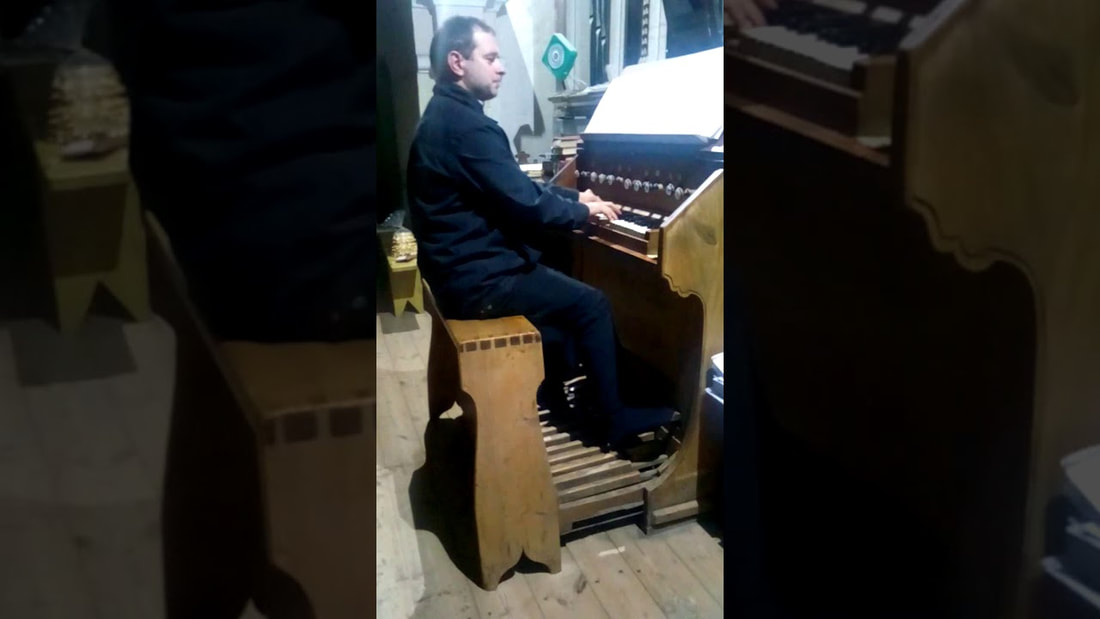
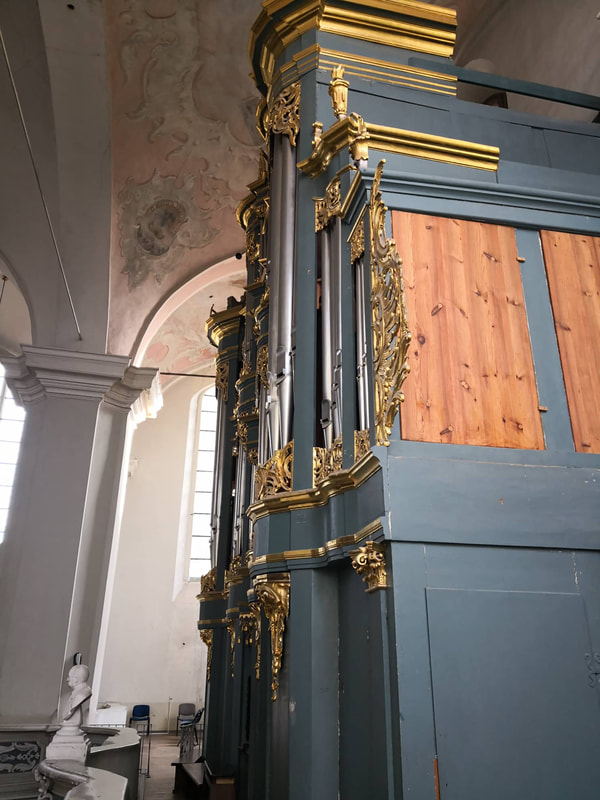
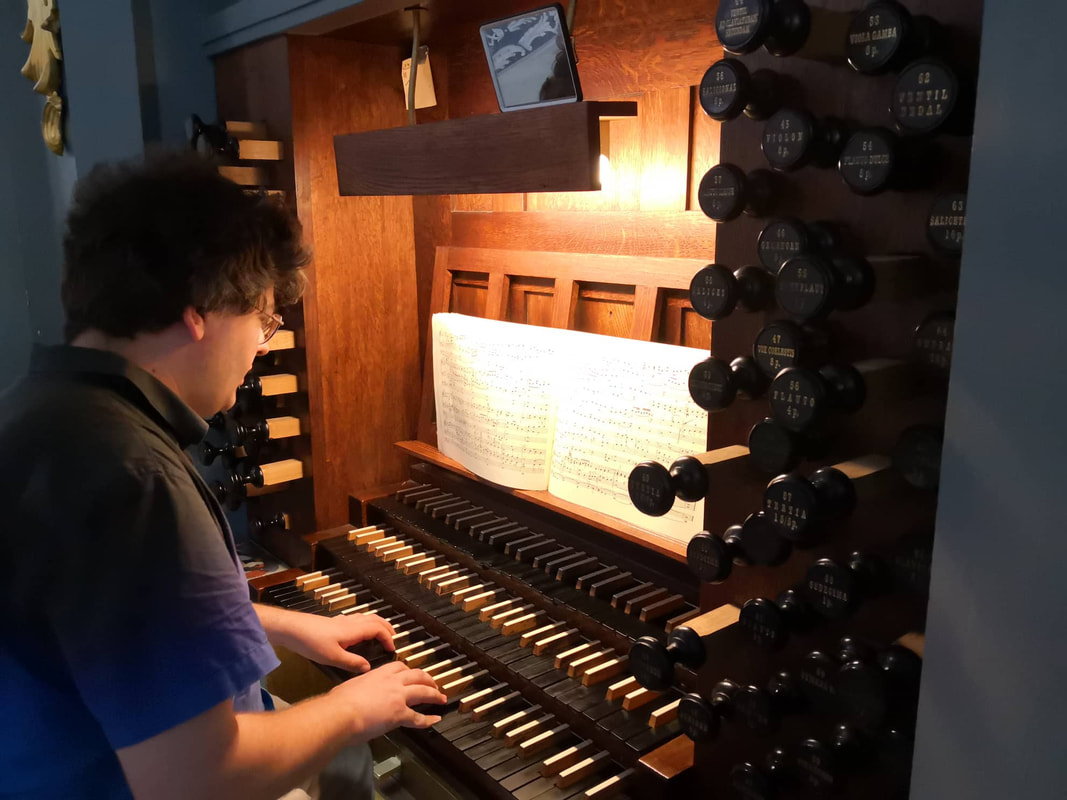
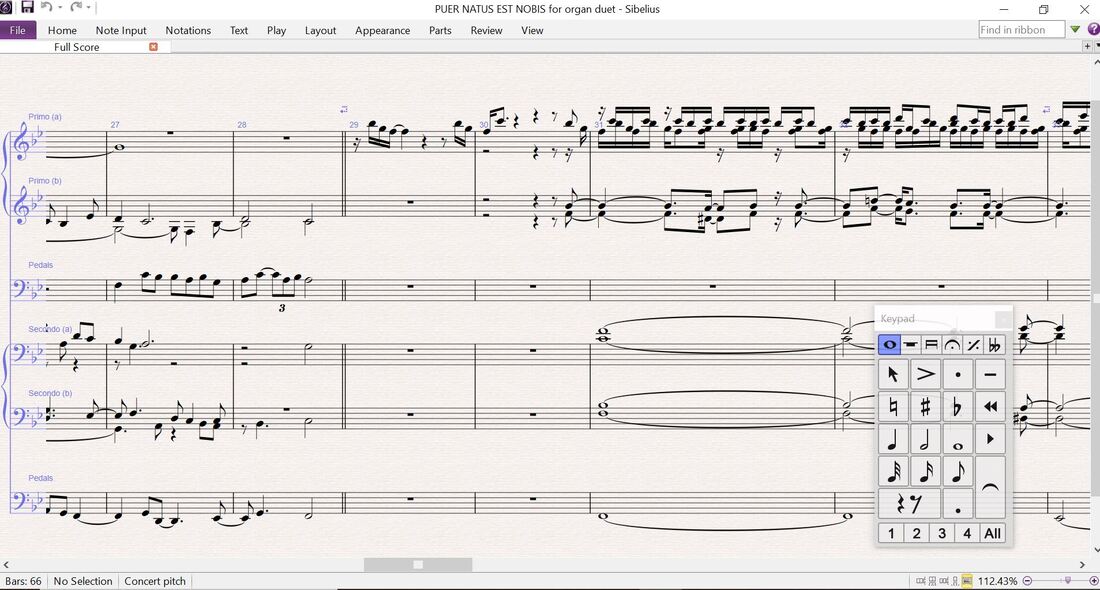
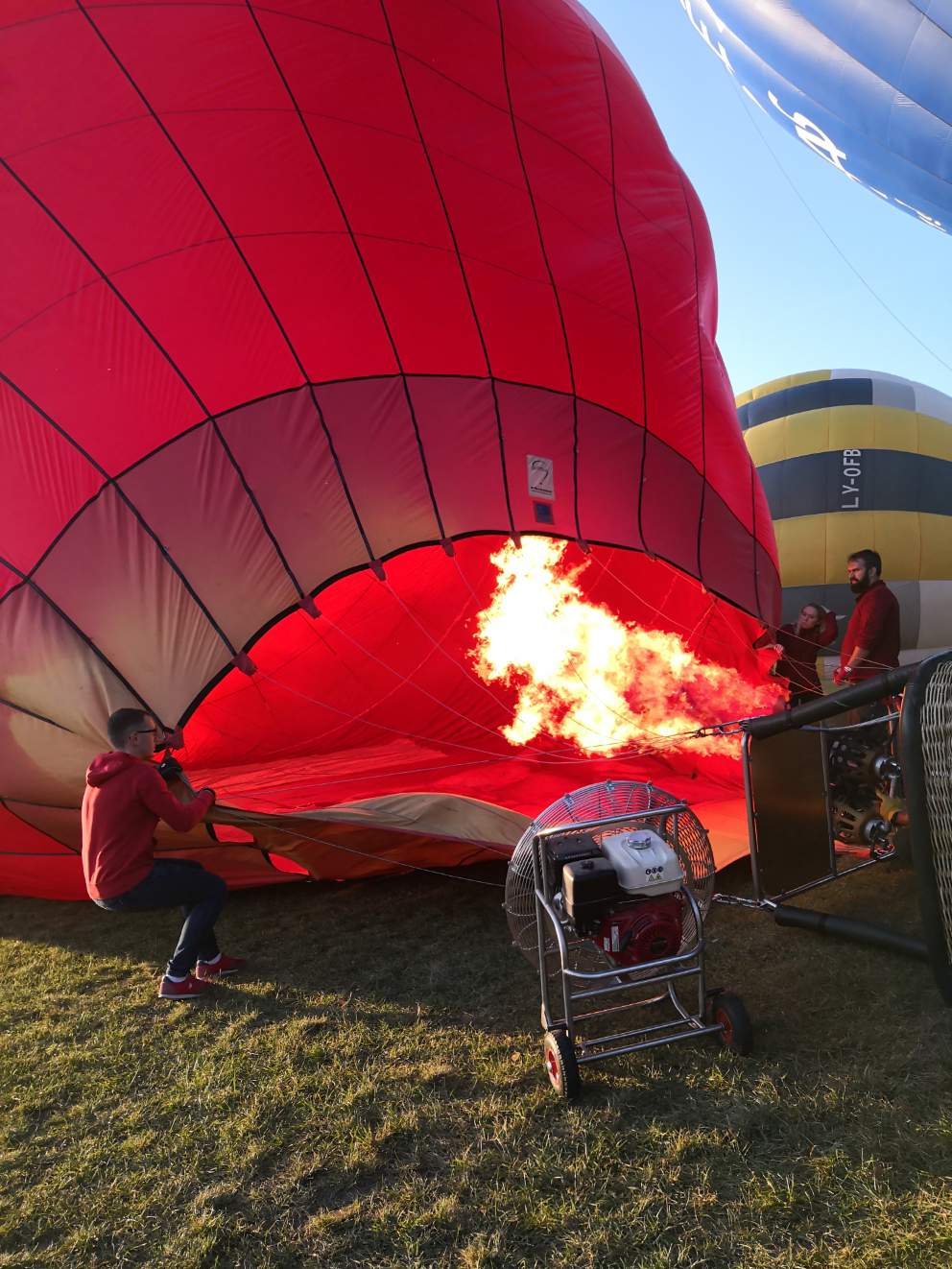
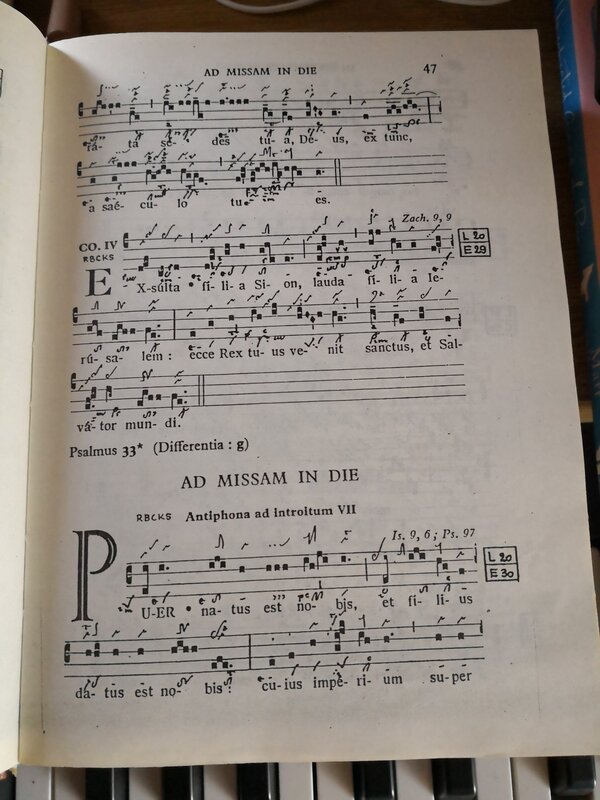
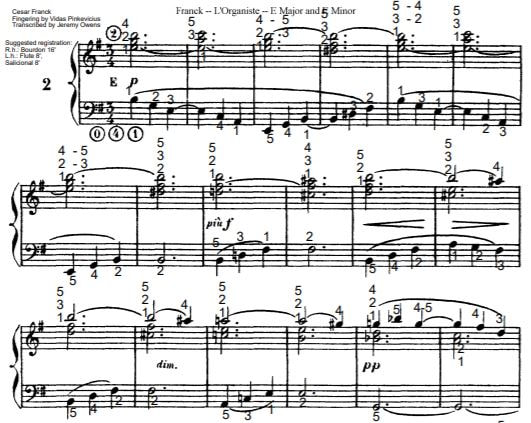
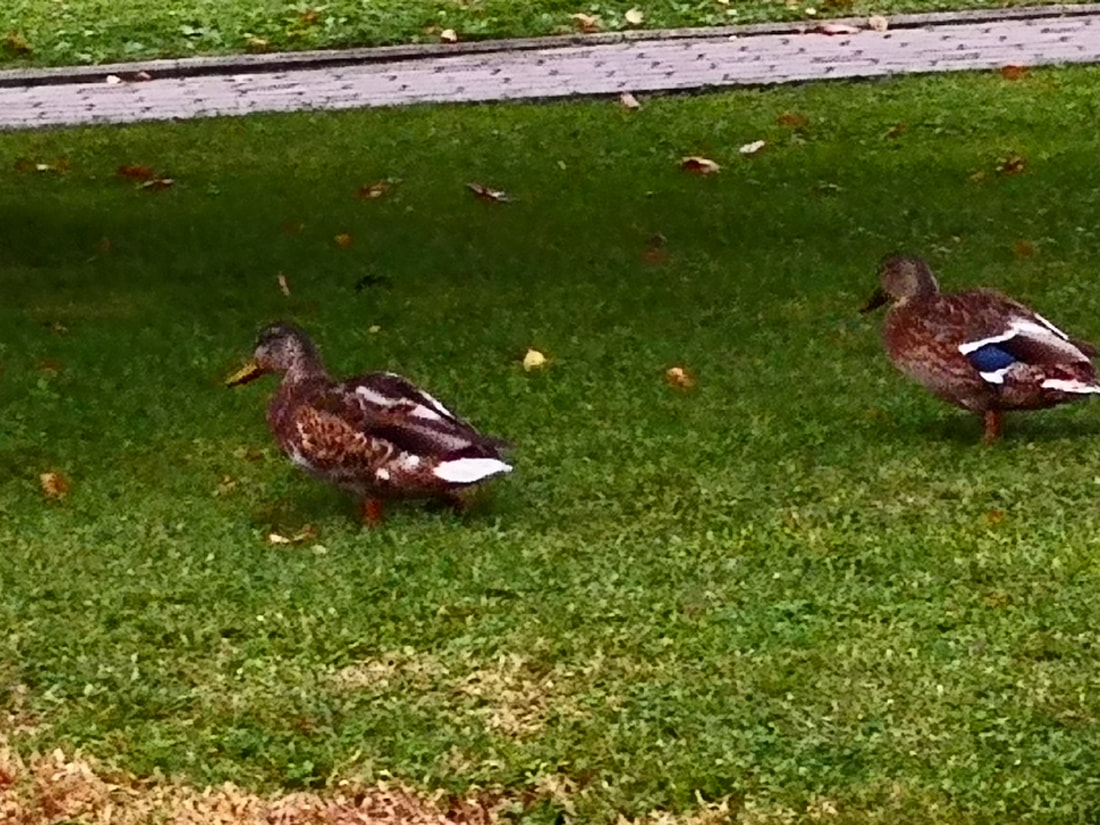



 RSS Feed
RSS Feed